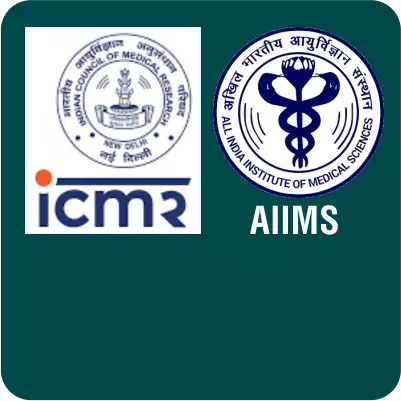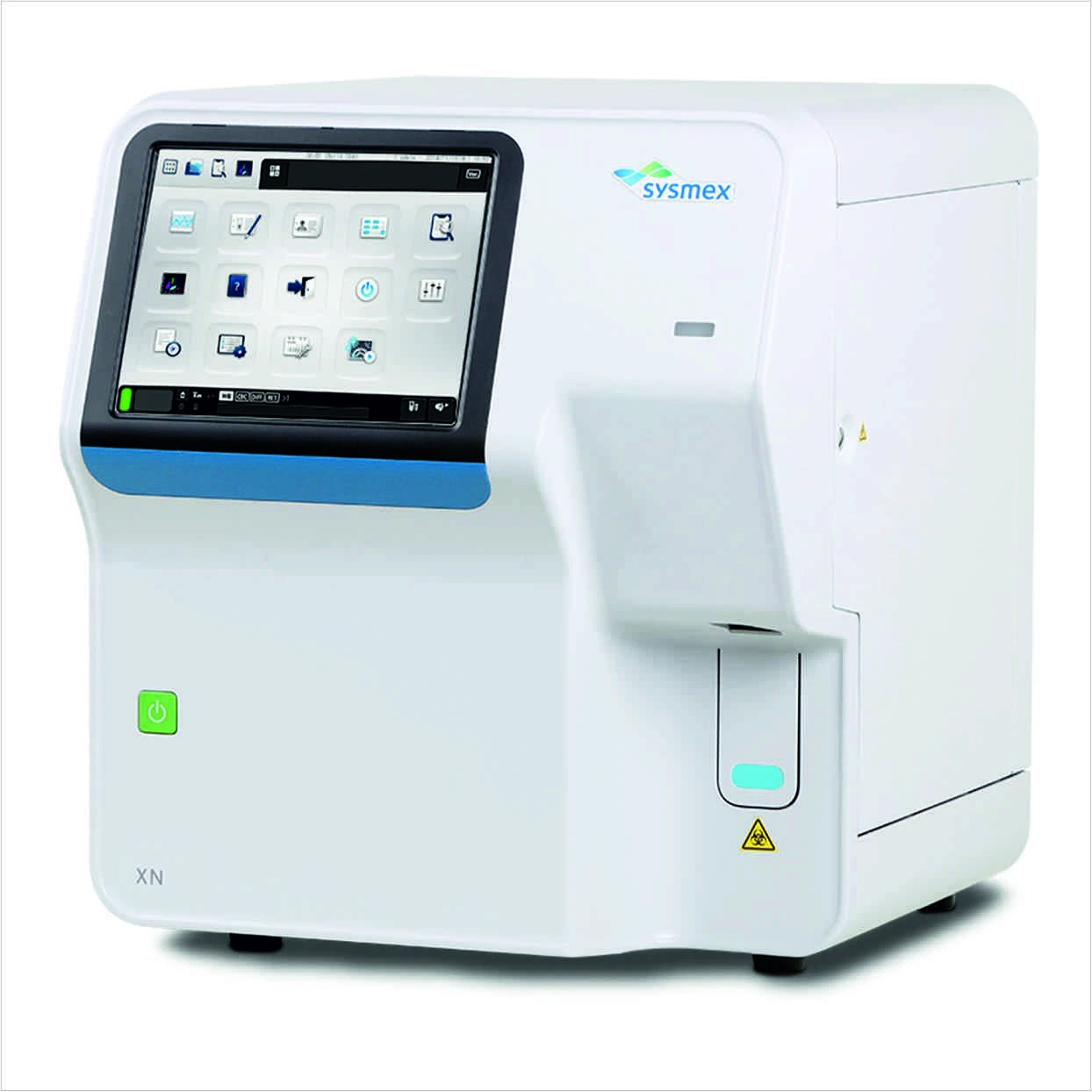
Pleural fluid analysis is a group of tests undertaken to understand the root cause of pleural effusion by examining the fluid removed from the pleura. Pleural fluid, a liquid lubricant, is found in the layers of the pleura. The pleura is a thin sheet of tissue that cushions the lungs and the chest cavity. As a result of pleural fluid build-up (medically known as pleural effusion), the lungs in the human body find it difficult to inflate. It makes it difficult for a person to breathe or results in coughing. Doctors conduct a chest X-ray, CT scan, or chest ultrasound to confirm this.
|
|
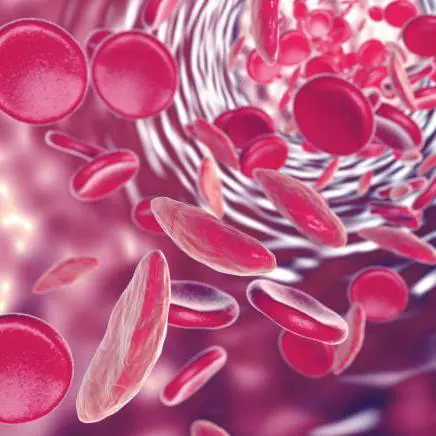
The results of pleural fluid analysis are divided into two types:
![]() Transudate pleural effusion: the result of an imbalance of pressure in certain blood vessels due to congestive heart failure or liver cirrhosis.
Transudate pleural effusion: the result of an imbalance of pressure in certain blood vessels due to congestive heart failure or liver cirrhosis.
![]() Exudate pleural effusion: the result of inflammation or injury to the pleura due to lung cancer, an autoimmune disorder, pneumonia, or a kidney condition.
Exudate pleural effusion: the result of inflammation or injury to the pleura due to lung cancer, an autoimmune disorder, pneumonia, or a kidney condition.
|
|

A healthy human body contains 10-20 ml (about four tablespoons) of pleural fluid in the pleura. Other parameters are:
![]() Appearance: Clear, yellowish.
Appearance: Clear, yellowish.
![]() pH Balance: 7.60-7.66
pH Balance: 7.60-7.66
![]() Protein: less than 1.5 d/dL
Protein: less than 1.5 d/dL
![]() Cholesterol: 3.5 - 6.5 mmol/L
Cholesterol: 3.5 - 6.5 mmol/L
|
|
What does the Pleural Fluid Test Measure ?
Pleural fluid analysis diagnoses the medical condition of pleural effusion. Doctors recommend this test to diagnose the underlying reason behind the fluid build-up. The reasons could be various:
![]() Leakage from other organs due to heart failure of liver cirrhosis (transudate)
Leakage from other organs due to heart failure of liver cirrhosis (transudate)
![]() Inflammation or injury of the pleura (exudate)
Inflammation or injury of the pleura (exudate)
![]() Autoimmune conditions
Autoimmune conditions
![]() Cancer
Cancer
![]() Pulmonary Embolism or blockage of the artery
Pulmonary Embolism or blockage of the artery
Why should I do the Pleural Fluid Test ?
A doctor recommends pleural fluid analysis when he suspects pleural effusion. The symptoms for this are a dry, unproductive cough that doesn't go away, severe or constant chest pain, difficulty breathing, and fatigue. Sometimes people with pleural effusion have no symptoms. A doctor finds excess fluid in a chest X-ray conducted for other reasons.
How is the Pleural Fluid Test Done ?
![]() The patient sits on a chair or bed with arms resting on a table
The patient sits on a chair or bed with arms resting on a table
![]() The doctor sanitizes the back and injects a numbing medicine
The doctor sanitizes the back and injects a numbing medicine
![]() The doctor inserts a needle between the ribs to withdraw fluid while the patient breathes out
The doctor inserts a needle between the ribs to withdraw fluid while the patient breathes out
![]() It results in the removal of excess fluid
It results in the removal of excess fluid
What happens in case there is excessive pleural fluid ?
An unusual amount of pleural fluid (more than 20 millilitres) in the human body leads to a medical condition known as pleural effusion. Symptoms such as unproductive dry cough, excessive chest pain, unexplained fatigue or difficulty in breathing. It is essential to drain excess liquid to avoid further complications and diagnose the root cause for the infection causing effusion.



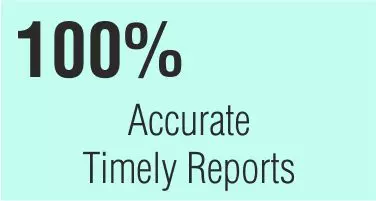
| Most Important Test in any Disease | |
| 22 Parameters Covered | |
| No Preparation Required | |
| Done on 6 Part Hemoanalyzer - First in Seemanchal | |
| Read More |
|
|
| Most Important Test in Women | |
| 3 Parameters – T3, T4,TSH | |
| No Preparation Required | |
| Done on Fully Automatic Thyroid Analyzer Centaur CP from USA | |
| Read More |
|
|
| Most Important Test for Diabetics | |
| Gives average sugar over 3 months | |
| No Preparation Required | |
| Done on Glycohemoglobin Analyzer, Bio Rad from USA |
|
| Read More |
|
|
| Most Popular Health Checkup for Sugar and High BP patients |
|
| 75 Parameters Covered | |
| 12 Hours Fasting Required | |
| Total Cost Rs. 8210 Discount Rs. 4210 | |
| Read More |
|
|
| Full Body Checkup in Men aged less than 50 Years |
|
| 125 Parameters Covered | |
| 12 Hours Fasting Required | |
| Total Cost Rs 10710 Discount Rs 5510 | |
| Read More |
|
|
| Full Body Checkup in Women aged less than 50 Years |
|
| 130 Parameters Covered | |
| 12 Hours Fasting Required | |
| Total Cost Rs 12710 Discount Rs 6510 | |
| Read More |
|
|

Know Your Blood Count
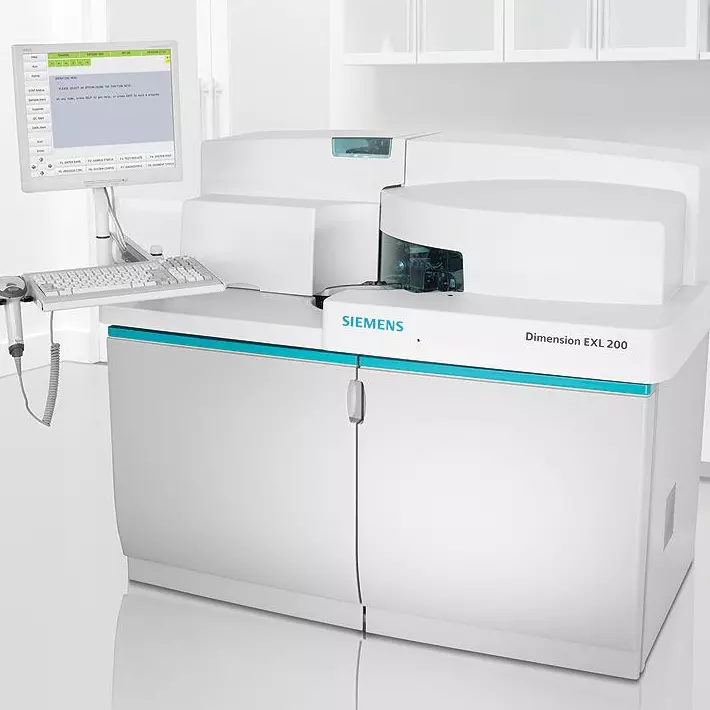
Checking Organ Health
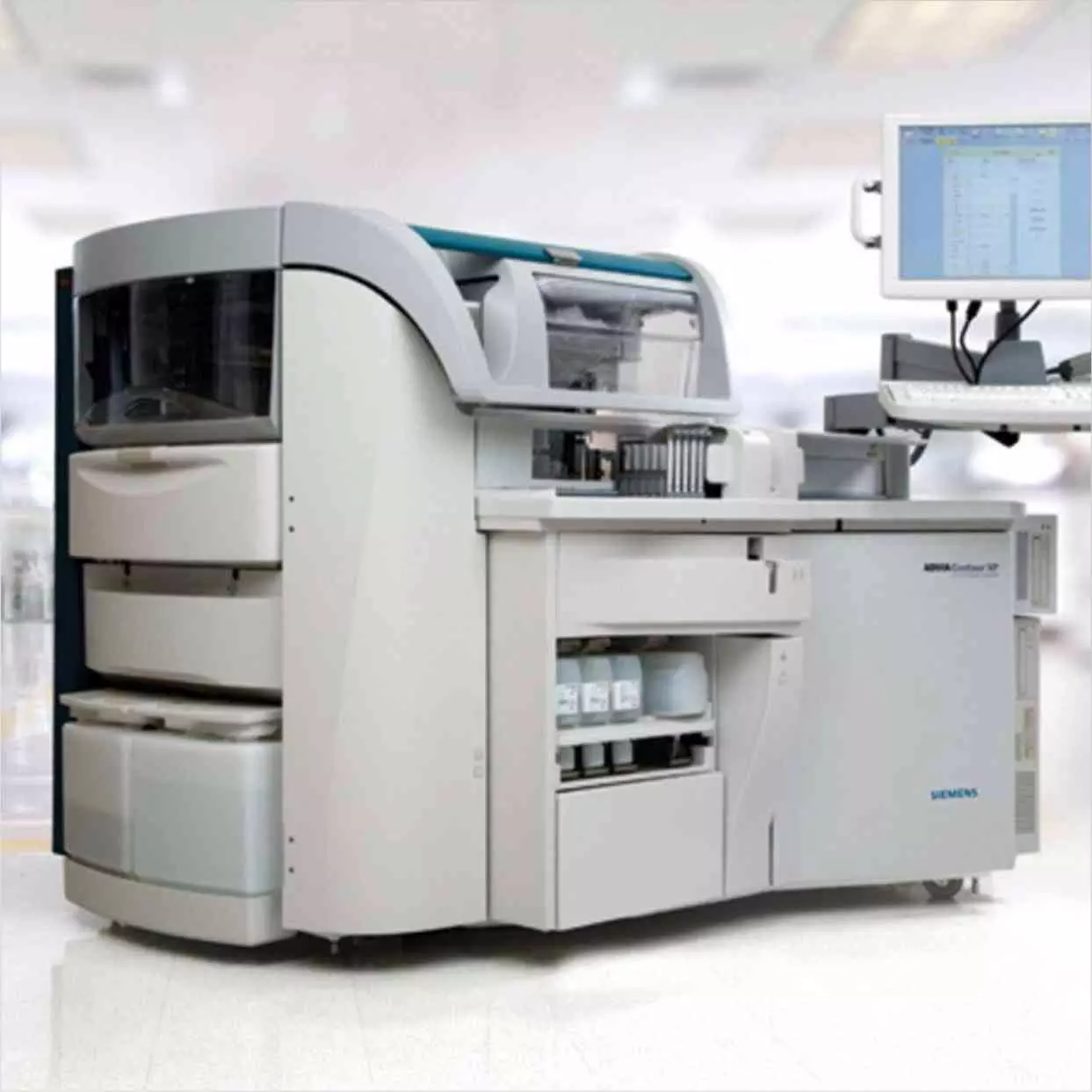
Hormonal Balance
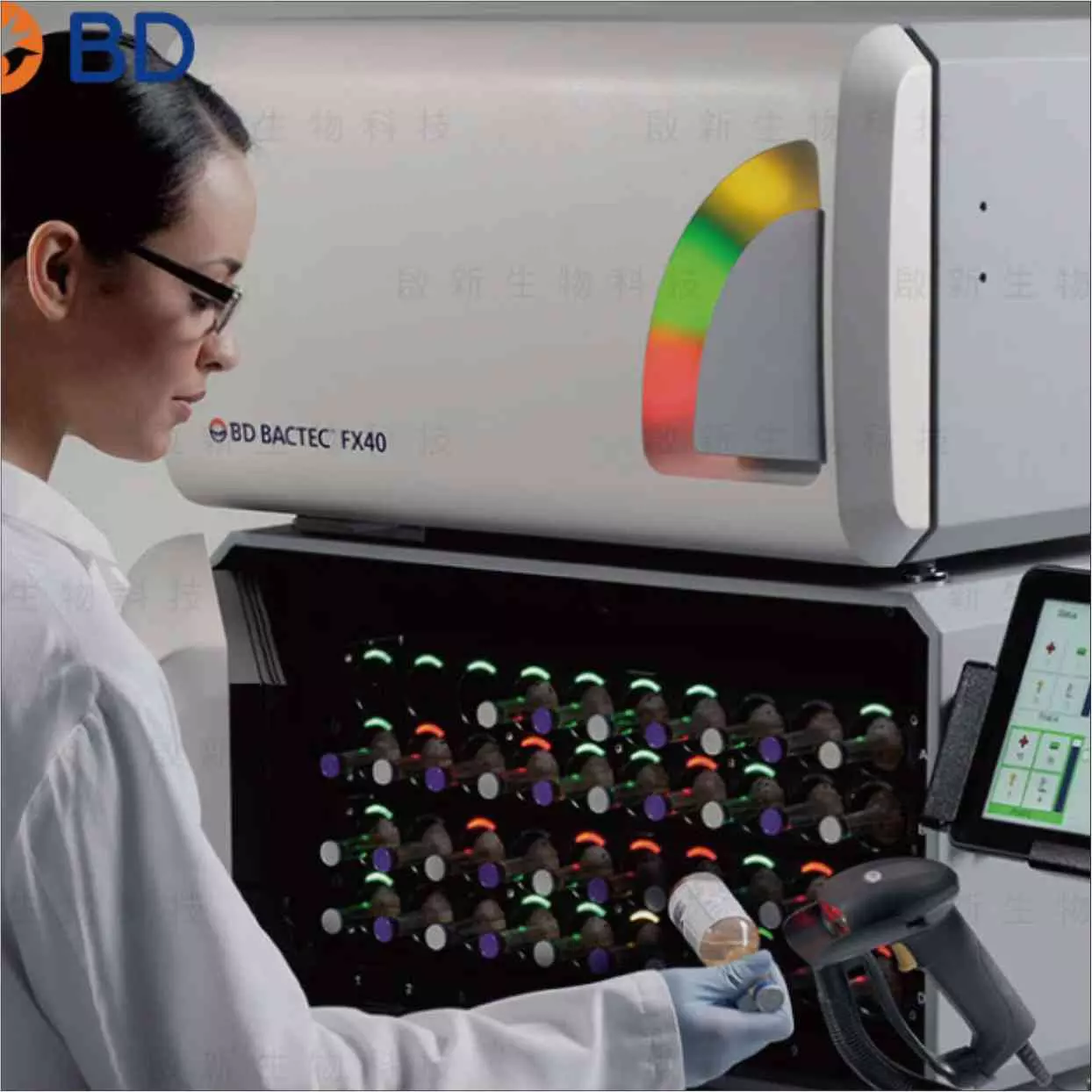
Infections in the Body



